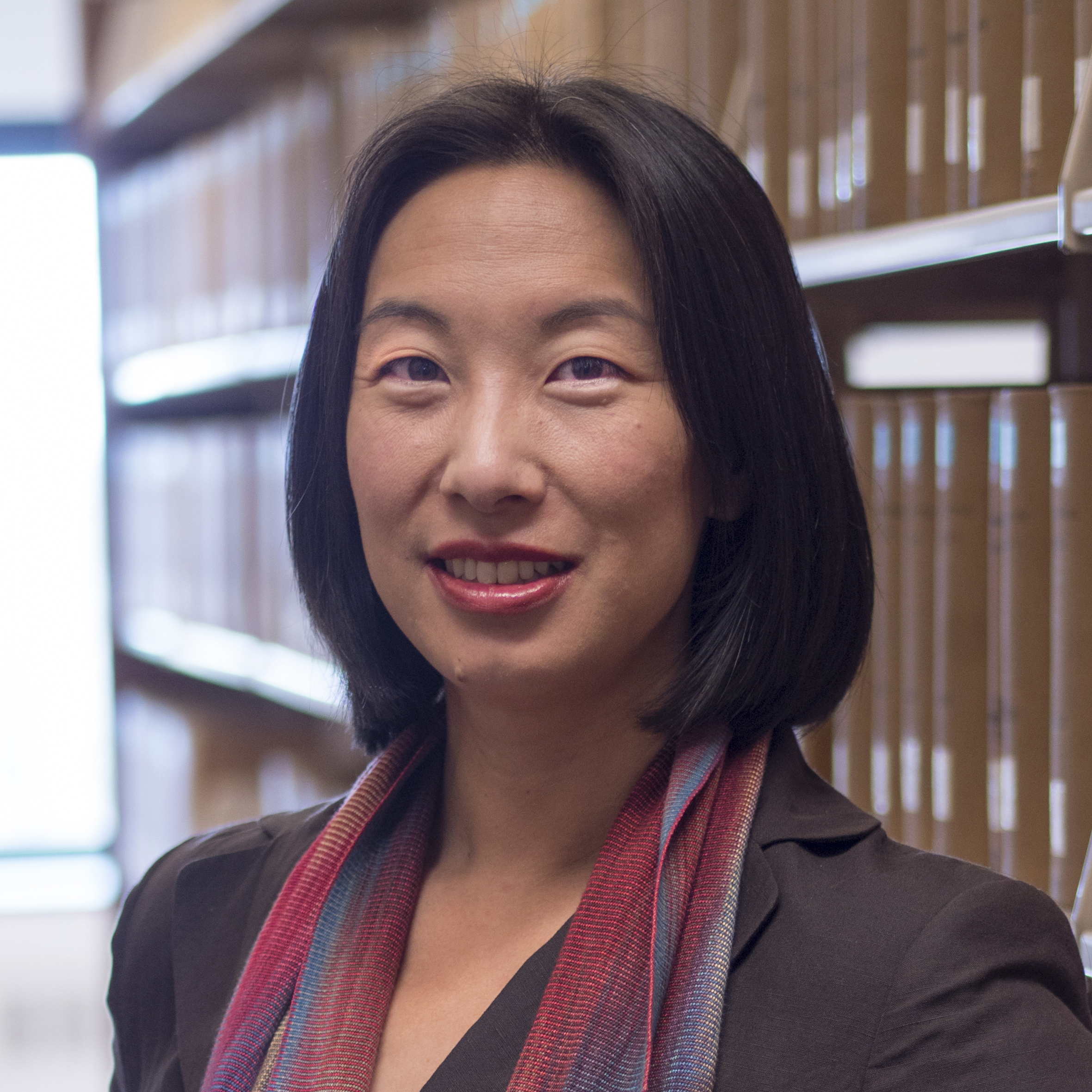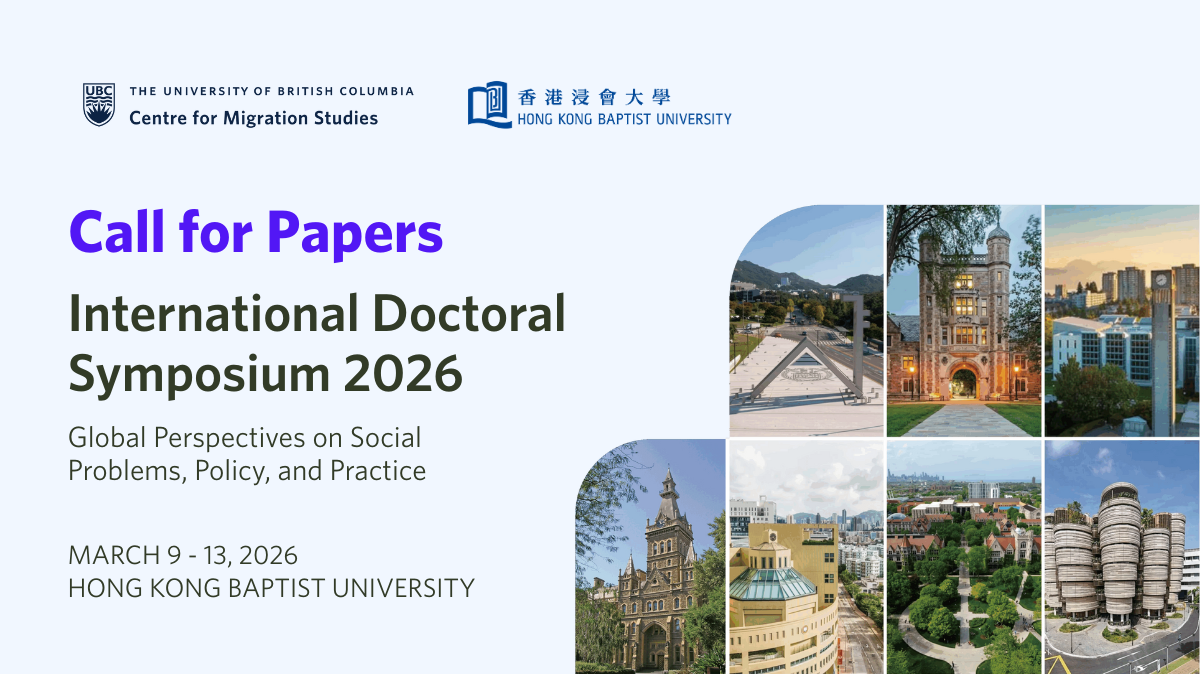

This year’s Speaker Series will focus on the theme “Understanding Liminality and Legal Precarity.” Migration often involves uncertainty and feeling in-between: people are not quite here or there, settled or secure. This sense of being “in-between,” or liminality, shapes many migrants’ everyday lives. It can be made worse by legal systems and bureaucracy: waiting for asylum decisions, living in refugee camps, or holding temporary visas that offer little stability. Undocumented migrants face constant uncertainty—working and contributing to society while also being excluded or criminalized. Even those with permanent legal status can feel between places and identities, not fully included socially or legally. Legal uncertainties, what we call legal precarity, often overlap with other forms of inequality, such as racism, ableism, or discrimination based on sexuality. This year’s Speaker Series will explore how liminality and legal precarity shape the experiences of migrants. It will also highlight the resilience, creativity, and strength that people show in navigating these challenges.
Helena Zeweri, Assistant Professor of Anthropology, University of British Columbia
In Australia, deterring ‘irregular migration’ encompasses a range of mechanisms, including placing migrants who take sea routes into offshore detention and prolonged temporary legal regimes. This talk analyzes the cumulative effects of deterrence that last well after migrants who arrive via boat are granted legal recognition as refugees. It does so through centering Afghan Hazara refugees’ experiences of prolonged temporary status as a question of personhood. By centering the framework of intersubjectivity, I argue that for those who have transitioned from temporary visas to permanent status in Australia, the cumulative effects of prolonged legal precarity have irreparably damaged prospects for family reunification and, by extension, refugees’ senses of personhood. Such experiences prompt a rethinking of deterrence as a spatially and temporally expansive regime of social dislocation.
-
Monday, November 24, 2024, 11:45 AM – 1:45 PM


Ming Chen, Professor of Law, UC Law San Francisco | Director, Centre on Race, Immigration, Citizenship, and Equality
Ming Chen is a legal scholar specializing in immigration, citizenship, and equality. She is Professor of Law and the founding faculty-director of the Center for Race, Immigration, Citizenship, and Equality (RICE) at UC Law San Francisco. Her teaching centers on Constitutional Law, Administrative Law, Immigration Law, and Citizenship. In addition, she serves as Co-Editor for the Immigration Prof blog (@immprof) and chaired the executive committee for the AALS Immigration Section and the Law and Society Association’s Citizenship and Migration Section. She has served on the Colorado state advisory council to the U.S. Commission on Civil Rights and clerked for the U.S. Court of Appeals, Ninth Circuit in San Francisco. Previously, she was a research associate at the Brookings Institution and worked for federal agencies and nonprofit organizations on civil rights of racial minorities and immigrants.
-
Monday, February 2, 2025, 11:45 AM – 1:45 PM


Delphine Nakache, Professor of Law, University of Ottawa
Delphine Nakache is a Full Professor in the Faculty of Law, French Common Law Section, at the University of Ottawa. She is also a lawyer and member of the Law Society of Ontario. Her teaching and publications focus on international public law, constitutional law (division of powers), and immigration, refugee and citizenship law. Her research, empirical and collaborative, looks at migrants with precarious status (migrant workers, non-status migrants, asylum seekers, etc.) and marginalized immigrants, and deals with the concept of “vulnerable migrant” in national and international legal instruments. She regularly engages with government and civil society representatives on these topics and acts as a consultant for government and intergovernmental institutions.
-
Monday, March 2, 2024, 11:45 AM – 1:45 PM


Margarita Mondaca, Assistant Professor of Occupational Therapy, Umeå Universitet
Margarita Mondaca is an occupational therapist specializing in mental health and human rights, with over 20 years of clinical and educational experience across Latin America, Sweden, and international contexts. Her work focuses on populations facing vulnerability and marginalization, with particular attention to the ethical dimensions these conditions raise. Grounded in a commitment to human rights and equity, she emphasizes how health and social participation are shaped by broader social, economic and historical forces. Her current research explores everyday life and vulnerability among people living in socioeconomically disadvantaged areas and subjected to reinforcing stereotyping discourses. She is also chair of the examination board and faculty member for the European Master of Science in Occupational Therapy.



